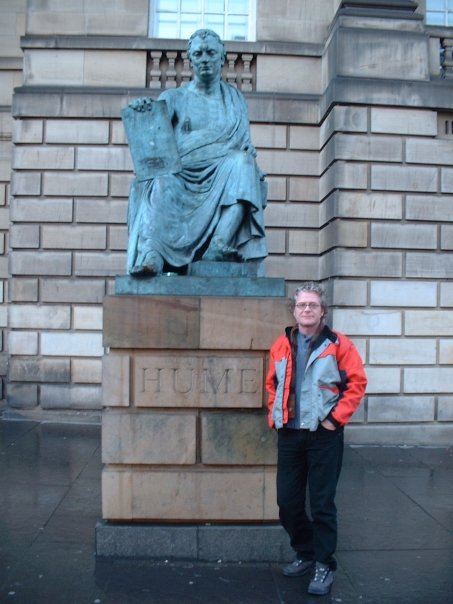If you get into any kind of discussion of a controversial topic these days, someone is likely to try to shut you down with a simple “correlation does not prove causation, stupid” kind of refrain. And they are correct that correlation cannot prove causation (a funny website named Spurious Correlations has gone viral). The rub, though, is that correlation cannot prove causation because causation is, shall we just say, difficult to prove. Further, if you want to find the cause of something (say X), you are really going to need to look for things that correlate with X.
For example, say a certain area of the world has begun to have earthquakes regularly when they were almost nonexistent before. If you find that a certain type of gas extraction had begun just before the increase in earthquakes, you might wonder whether this correlation might offer any hints into the cause of the earthquakes. If you could find no correlation between the earthquakes and anything else, you might begin to describe the earthquakes as mysterious and unexplained.
Why? Because correlation is the biggest hint of where causation might be found. The  famous Scottish philosopher, David Hume, laid out some rules for judging causes and their effects. The third rule says there must be constant union between the cause and effect (and it is this correlation that “chiefly” constitutes the causal relation). In fact, it is the constant conjunction between like causes and like effects that reinforces or justifies our belief in causation itself. In other words, without correlation, we would have no reason to believe in causation at all.
famous Scottish philosopher, David Hume, laid out some rules for judging causes and their effects. The third rule says there must be constant union between the cause and effect (and it is this correlation that “chiefly” constitutes the causal relation). In fact, it is the constant conjunction between like causes and like effects that reinforces or justifies our belief in causation itself. In other words, without correlation, we would have no reason to believe in causation at all.
Hume also points out that we can observe correlations, but we cannot observe causation. If you ask someone to describe an observation of causation, you will hear a story about a correlation. Because causation cannot be directly observed, our belief in causation cannot be verified. Our belief in causation comes from an instinct to believe in causation and not from any rational argument or proof of causation. Hume points out that even animals are born with a belief in causation even without the benefit of the rational ability to study philosophical or scientific arguments.
To be sure, once you’ve identified a correlation, you can begin the work of determining whether the supposed causes are actually responsible for the effects you’ve observed. You may not get proof, but you can get more and more evidence so that your belief in the cause is more and more justified. No matter how much evidence you get, though, you will have started with a correlation.
So, it is true that correlation does not prove causation, but a statistically significant correlation is a good place to begin your search for a cause. If you know of a way to find causation without first observing a correlation or to prove causation, please leave it in the comments.